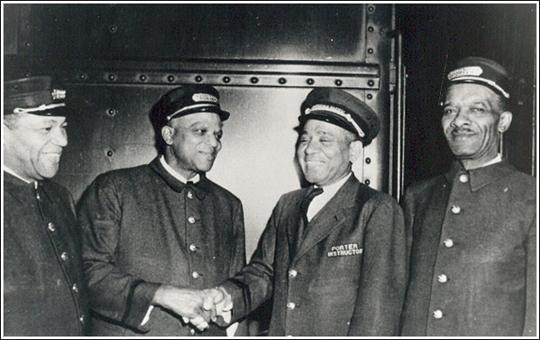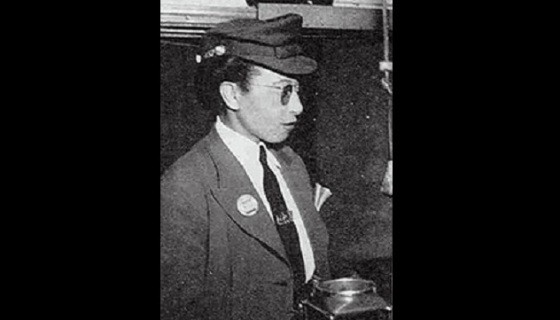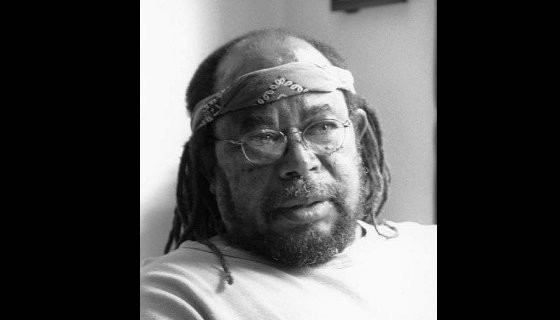
As Black History Month kicks off, communities and institutions across the country are celebrating Black culture, excellence, and achievement.
Black History Month is also an occasion to renew and reinforce our commitments to advancing racial and economic justice.
The United States has a long way to go on both counts. With the added challenges of climate change and the corporate assault on organized labor, the activists and communities mobilizing across the country to fight systemic racial inequality continue to gain momentum every day. Their vision for an equitable, healthy future is rooted in the historical struggles of Black leaders, activists, and workers who fought for civil rights in the most robust sense of the term and were instrumental in organizing for a more democratic labor movement.
This Black History Month, we are profiling a group of Black trade unionists, civil rights leaders, workers, and leaders in transportation. Read the first two profiles below to learn more about the first Black woman hired to drive railcars in Los Angeles, and a community and labor activist from Seattle.
Don’t forget to follow us on Twitter and Facebook, where we’ll be posting the rest of the profiles throughout the month.

Arcola Philpott (1913–1991) was the first African American woman hired by the Los Angeles Railway. Philpott drove railcars on the “F” line from 116th South Vermont Avenue to Union Station terminal. The LA Railway had begun hiring women as streetcar and bus operators in 1942. Racial integration followed two years later after a successful campaign led by labor and community leaders. Philpott’s hiring in Los Angeles represented a major shift in hiring practices across the country. In her later years, Philpott moved back to Chicago, where she worked as a nurse, journalist, and in museums and libraries. She spoke foreign languages, studied social sciences at Loyola University, and attended City College while in Los Angeles.
“She was a real go-getter. She was extremely intelligent, courageous, fearless, and a lifelong learner,” said her daughter, Ethel Philpott of Chicago in an interview with LA Metro.

Tyree Scott (1940–2003) was a labor leader and civil rights activist. Born in Texas, Scott moved to Seattle with his father in 1966. At that time, the building trade unions in the area still discriminated against Black workers, making it difficult for Scott and his family to secure work. Three years after their move, Scott began organizing Black workers and contractors in order to gain access to work under new federal contracts available in the city of Seattle. Scott formed the Central Contractors Association (CCA) and in 1969, the CCA succeeded in shutting down every major federal construction site throughout Seattle to protest discrimination in the industry. Ultimately, the CCA protests prompted the first federal imposition of affirmative action on union locals: the Department of Justice filed a suit and eventually ordered the unions to adopt a broad program that included commitments to apprenticeship programs, quotas for union membership, and changes to hiring procedures.
In 1970, Scott became head of the United Construction Workers Association (UCWA), a new community group created in partnership with allies at the American Friends Service Committee (AFSC). The UCWA organized workers of color through activism, social work, and political advocacy. Under Scott, the UCWA also published a left-wing monthly called No Separate Peace, to build solidarity with working people in communities around the world. When UCWA dissolved in 1981, Scott fueled the NW Labor and Employment Law Office (LELO), a worker-led organization which continues to exist today. Throughout the 1980s and 1990s, Scott traveled abroad to build solidarity with workers and advance civil rights activism. Scott died in 2003.
Follow us on Twitter and Facebook to read the next profiles in our Black History Month series.
